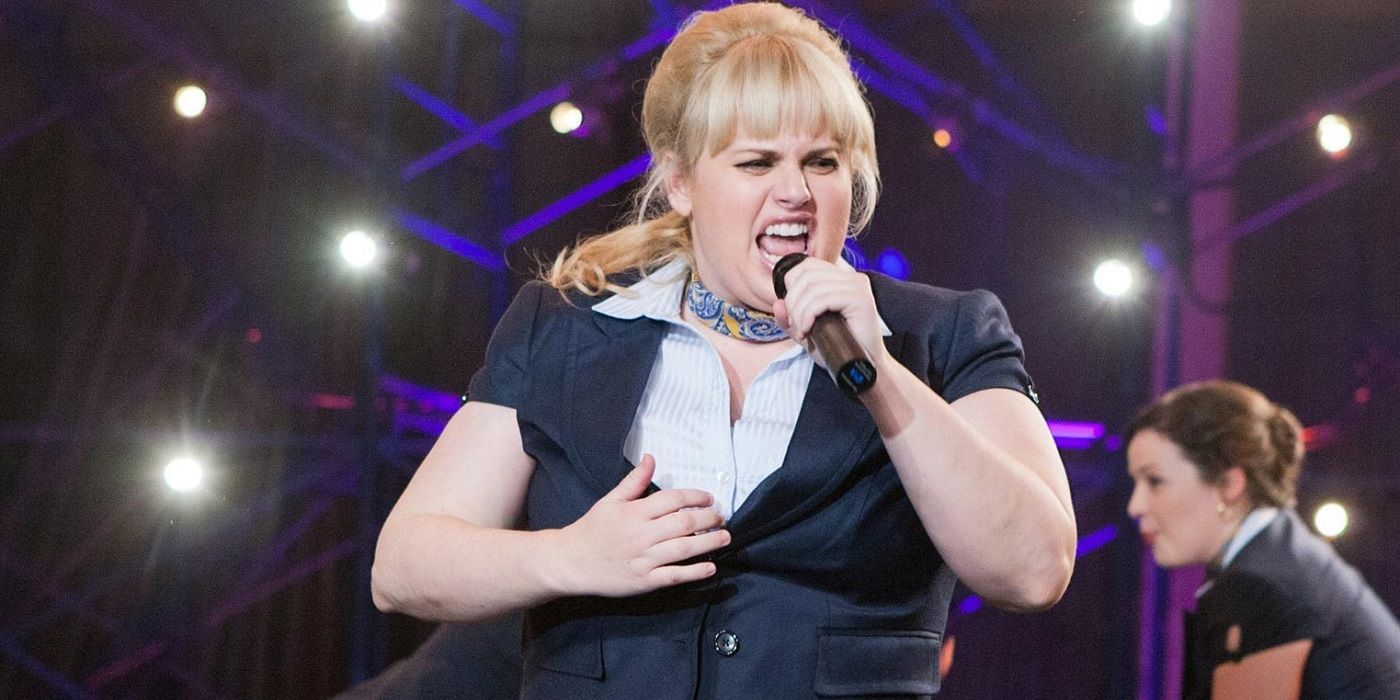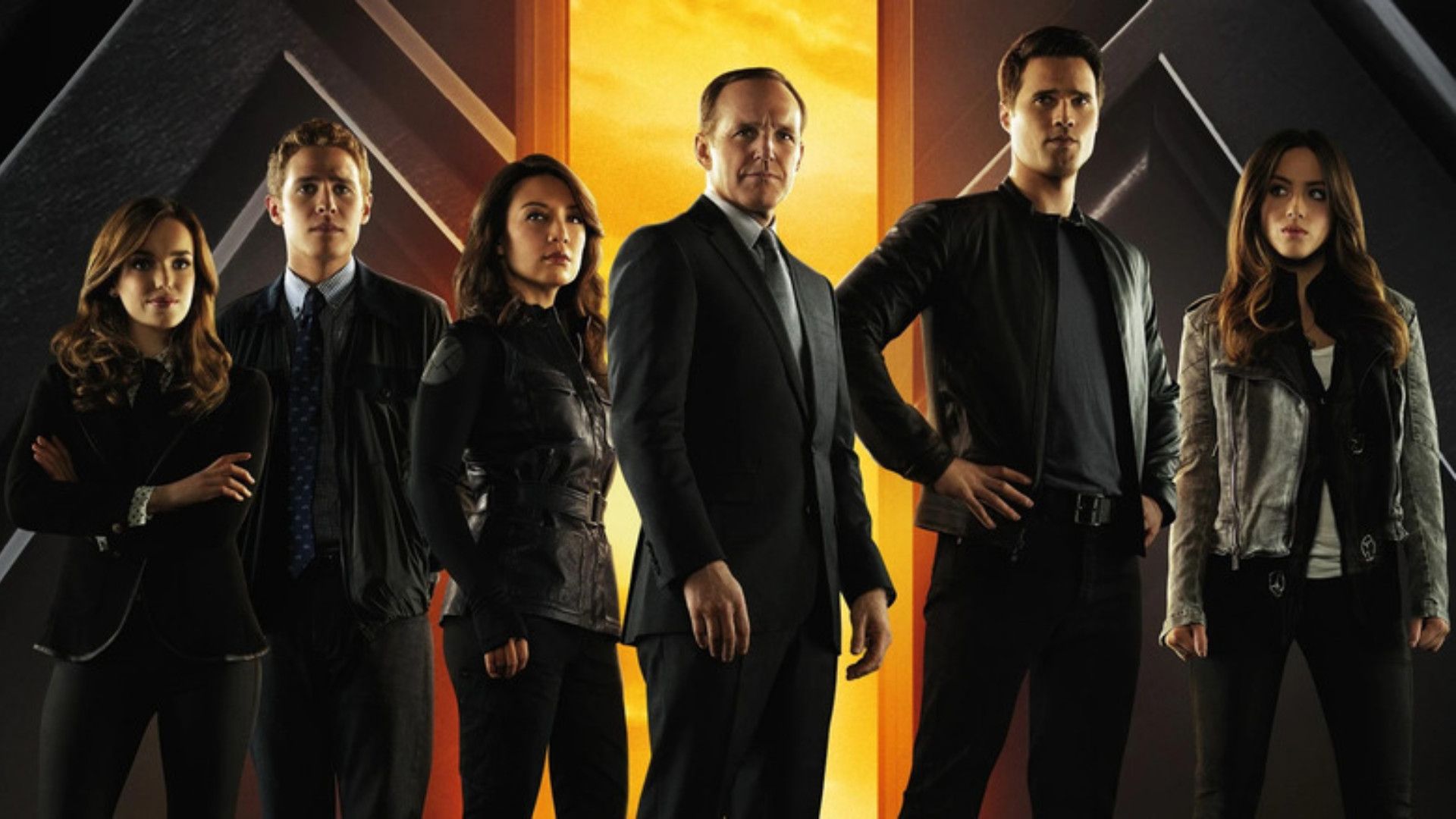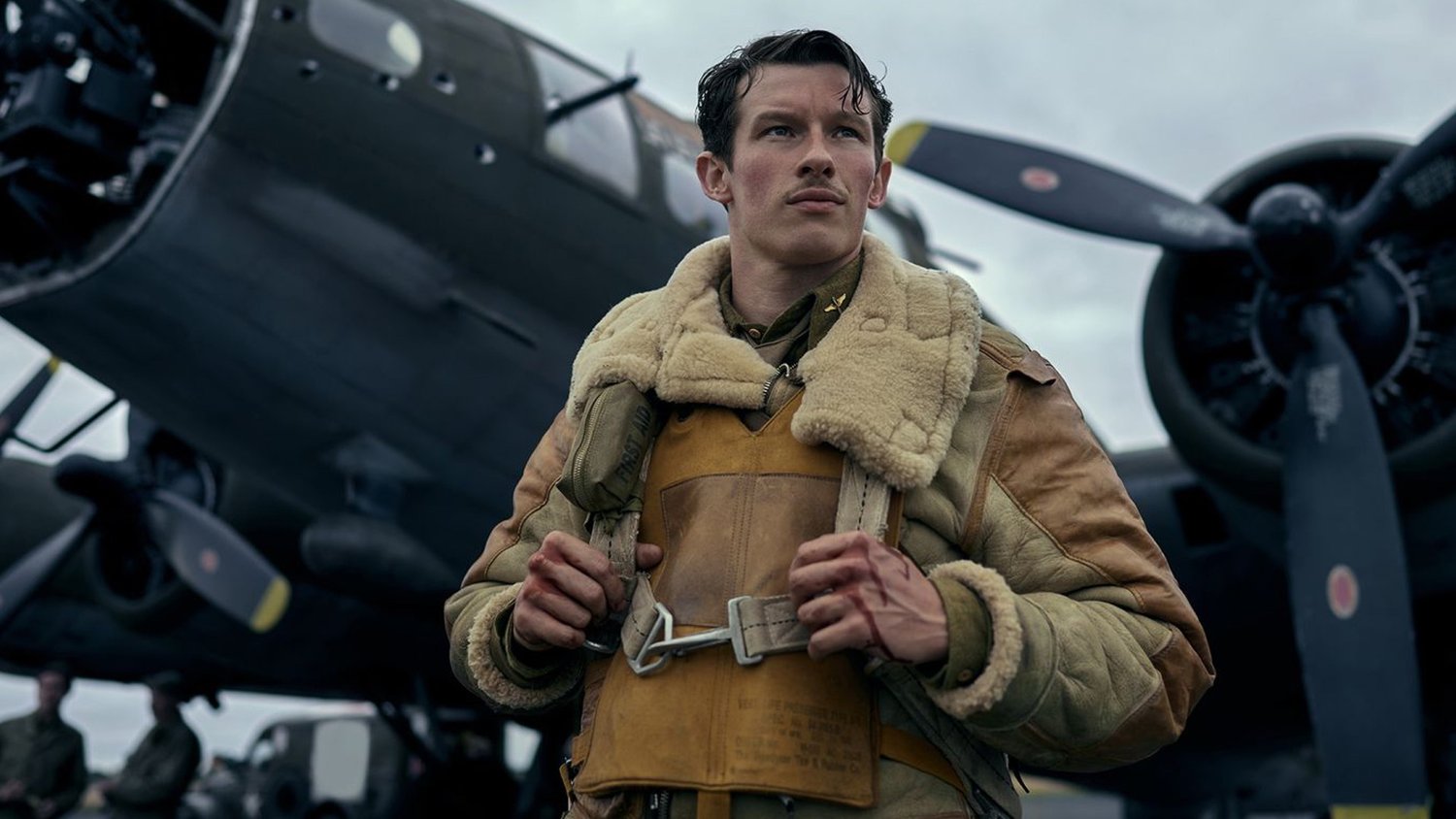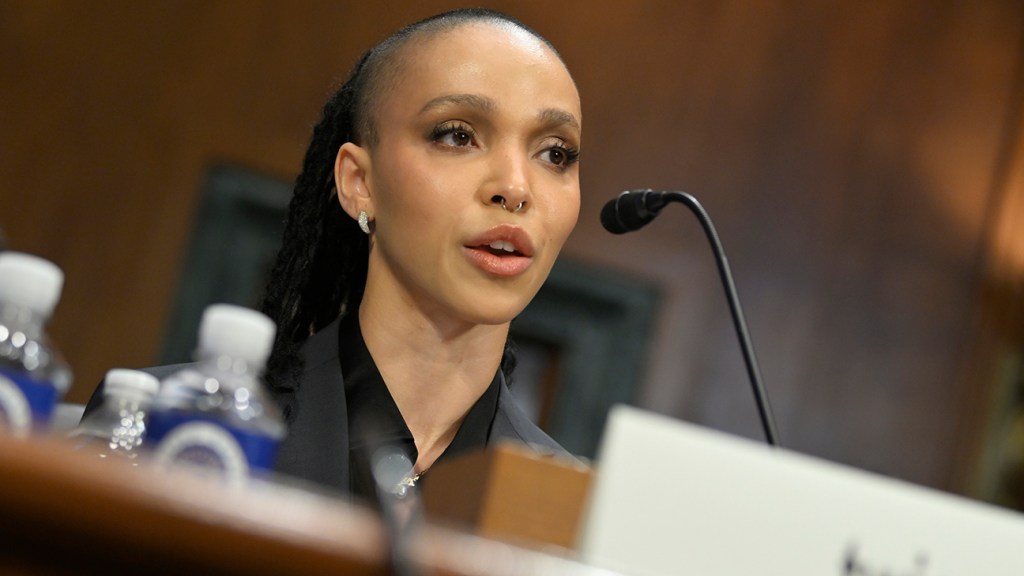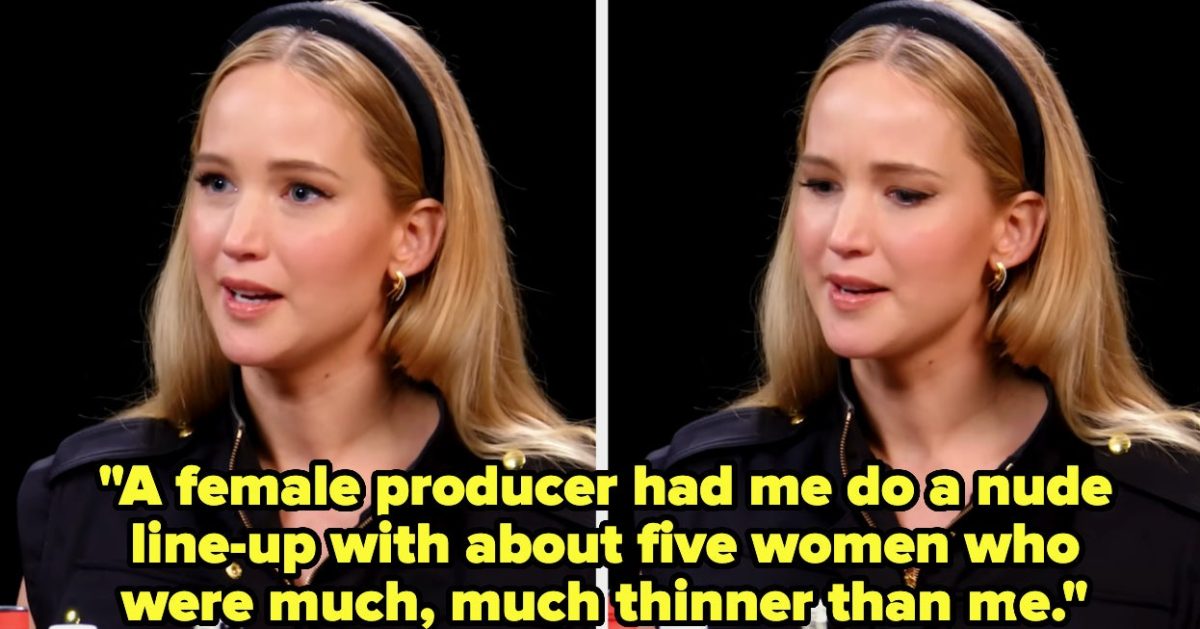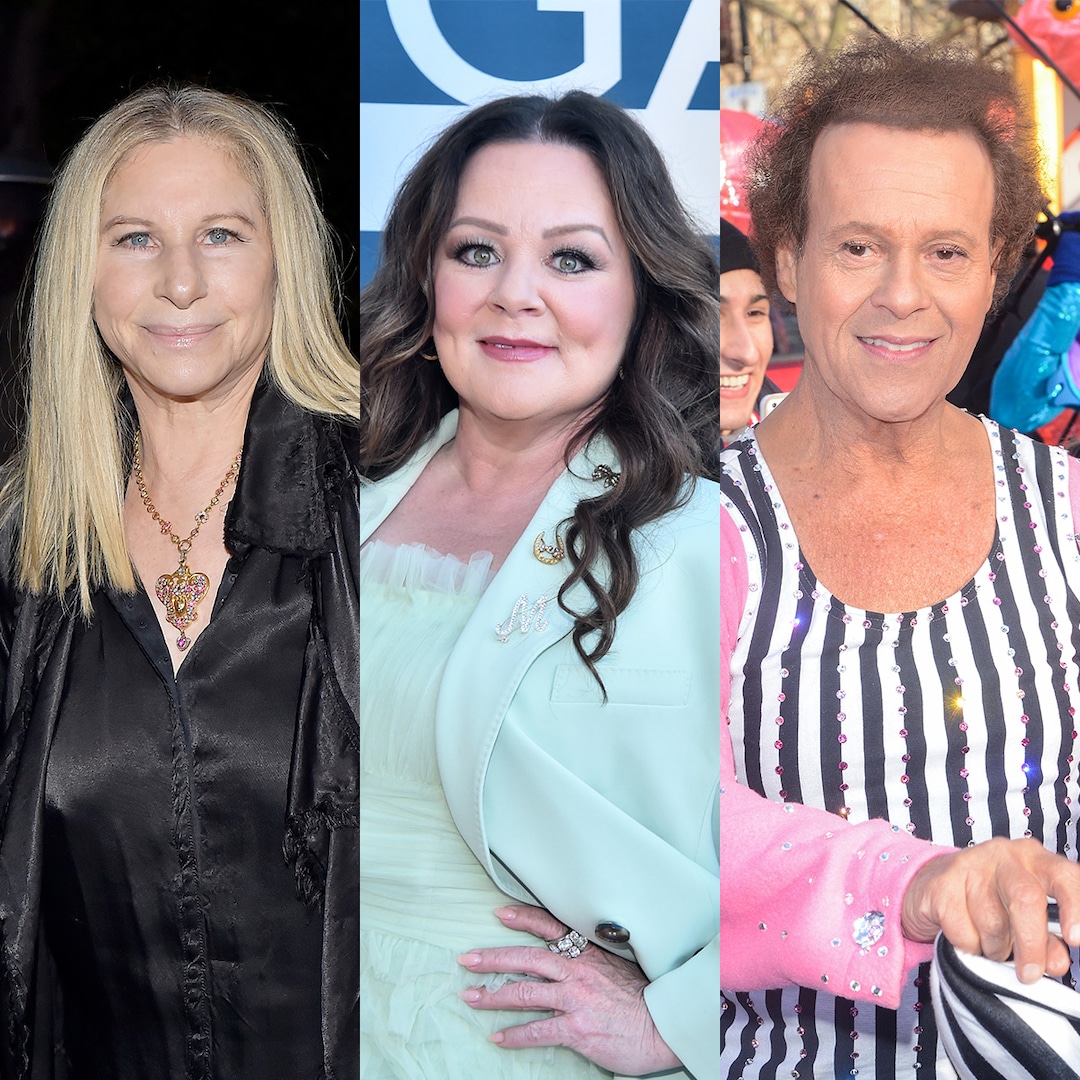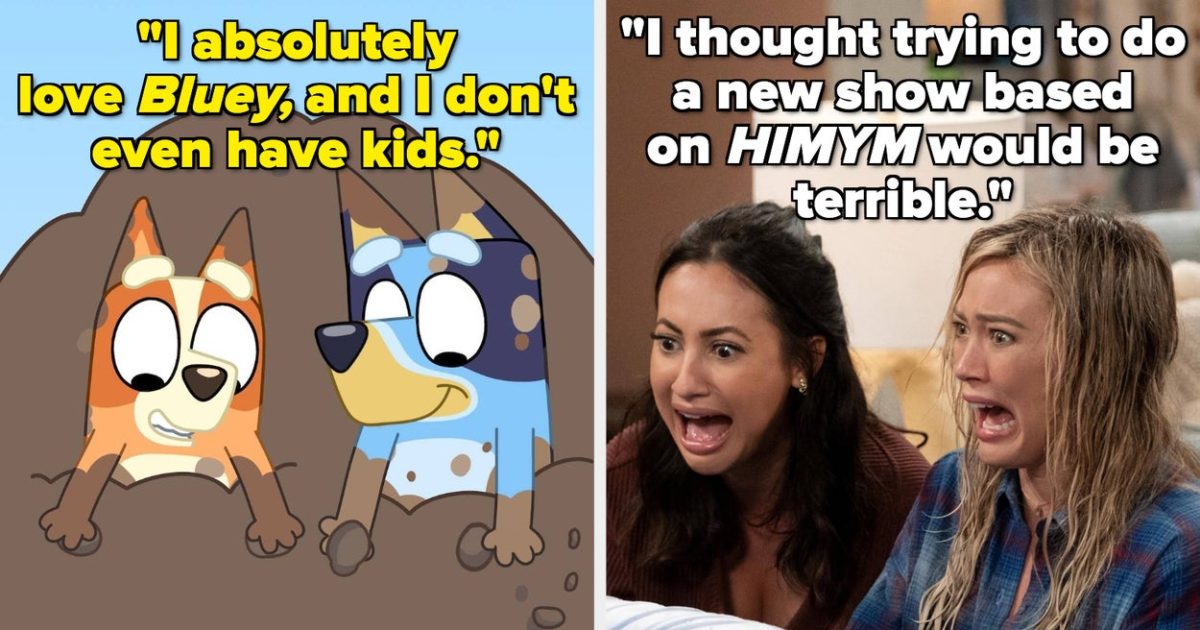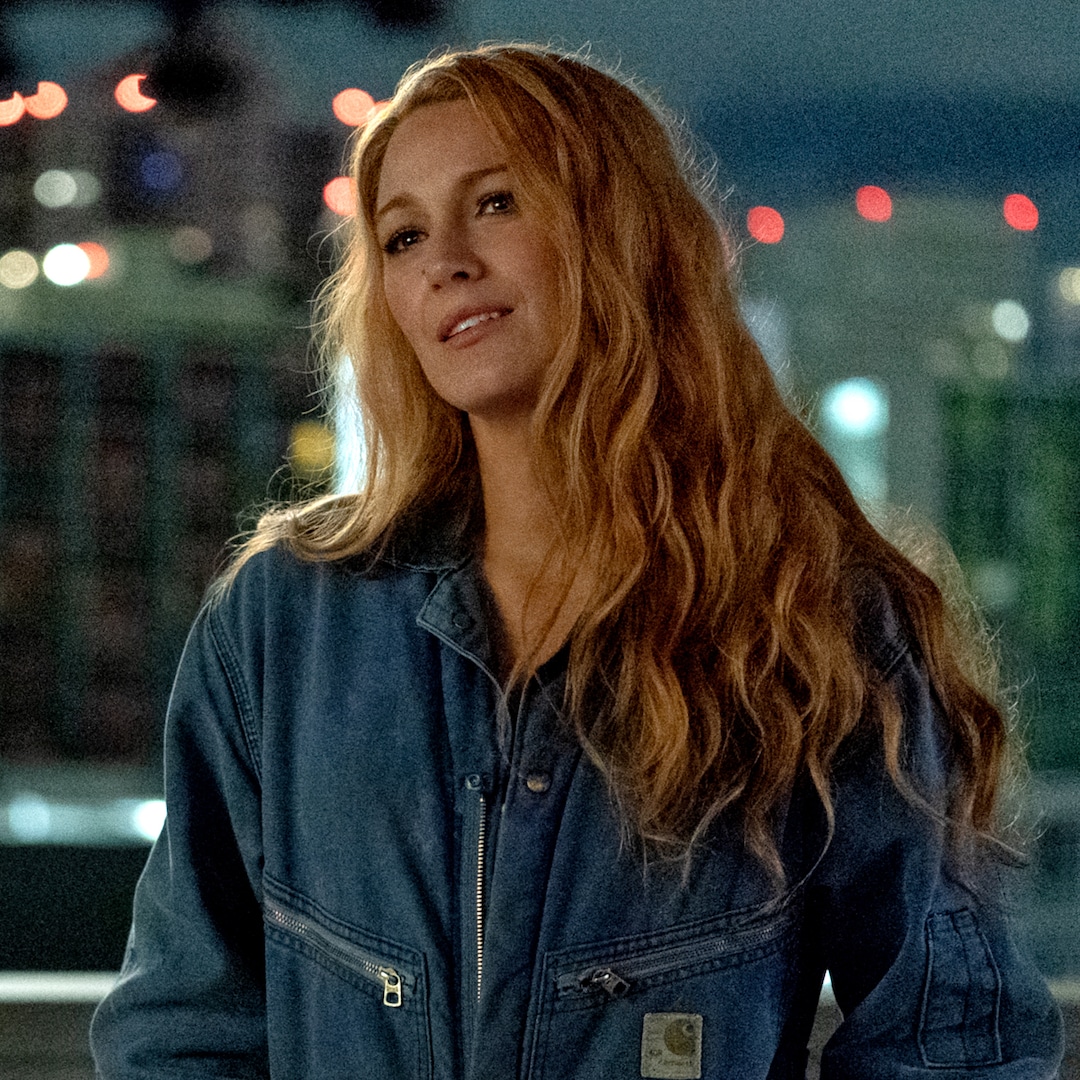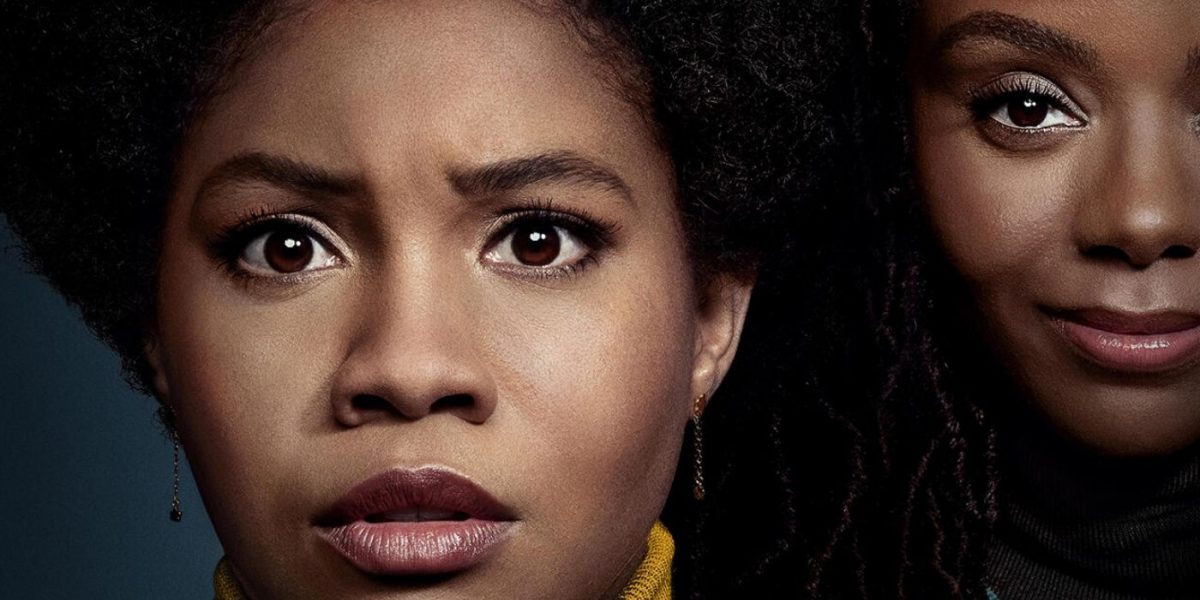
‘The Other Black Girl’ Author Explains Why the Show Changes the Book’s Ending
Sep 25, 2023
Editor’s note: The below interview contains spoilers for the season finale of The Other Black Girl.
When Zakiya Dalila Harris’ book The Other Black Girl was first released in 2021, it was an instant hit. Inspired in part by Harris’s own background and industry experience, the novel follows the character of Nella Rogers (Sinclair Daniel), who discovers a strange and long-standing conspiracy within the publishing company she works for. Given the premise, the story’s thriller roots are undeniable, but the book also weaves in thoughtful elements of comedy and commentary, making it impossible to put down. Similarly, Hulu’s recent adaptation of The Other Black Girl, produced by Onyx Collective, is just as addictive to watch as the book was to read, with a conceit that drives you to keep pressing play on each episode until the very surprising ending — which definitely shakes things up from the novel.
In the wake of the series premiere on Hulu, Collider had the opportunity to speak with Harris herself, an executive producer on this adaptation of The Other Black Girl alongside Rashida Jones, who helped bring the book to the screen, as well as Adam Fishbach, co-showrunners Jordan Reddout and Gus Hickey, Tara Duncan, and Temple Hill’s Marty Bowen and Wyck Godfrey. Over the course of the interview, which you can read below, Harris discusses what first inspired her to write The Other Black Girl in the first place, which changes were necessary in adapting the book for television, the episode of Watchmen that partially inspired Hazel’s (Ashleigh Murray) standalone episode, why it was important to change the ending of the series from the book, and more.
COLLIDER: In preparation to watch this show, I read the book, and I finished it in a fever haze. I think I read it in less than a day.
ZAKIYA DALILA HARRIS: Oh my god, that is the ultimate compliment for most authors.
Image via Hulu
RELATED: ‘The Other Black Girl’ Review: A Terrifically Thrilling Adaptation That Builds on the Book
I definitely want to talk about some of the changes that the show makes, but going back to the beginning, when this was an idea that you were coming up with: What was your inspiration for The Other Black Girl?
HARRIS: I really feel like this story has been and had been growing inside of me for a very long time, even before I started writing the book. Like Nella, of course, I worked in publishing. I also grew up in Connecticut, in a town called Hamden. I went to a public elementary school, [and] the school that my dad chose for me and my sister to go to happened to be mostly white kids, but it was the best public school in the town that we were moving to. As a result, I was oftentimes the only Black kid in my class. There were other Black kids, but we’d often be spread out, so I didn’t really have Black friends as a young person besides friends and family, which wasn’t quite the same [as] going to school. As a young person, I didn’t really think that much about it, very much like Nella, of how that really was affecting the way I spoke, the things that I was interested in. Even though I had my dad, my parents are very proud of where they came from, who they are, [and] I had those kinds of Black history lessons at home, but at school that wasn’t what I was around all the time.
Living in those two worlds is something that I was really interested in adding to Nella’s background because I really felt like it explained, for one, why she is so good at speaking the language of the Wagner people, why she blends in so well into that environment, but also speaks to this yearning that she’s always had to have that kind of connection with another Black person, especially in the workplace. She has Malaika outside of work, but she wants someone at work. It makes a big difference. I also love horror. I love genre. I love going, “What the fuck?” when I finish reading or watching something. I love talking about just crazy, scary stuff, so I just really wanted to infuse my love of horror and also my love of true crime — even though Hazel is not a murderer. Not yet, anyway. Stay tuned! [Laughs]
Going back to publishing, there’s also something about working in offices, pre-COVID especially. Having worked in many offices before, oftentimes not a boss — usually, I’ve been an assistant, or I’ve worked in the basement, in a doctor’s office, as a barista — I just think there’s so much hilarity in seeing the same people every day or every week and being in the trenches the way that Nella and Hazel are when they meet. There were a lot of different ways to get into the story for me, and once I started writing, literally at my desk while I was working in publishing, I was just so into it. I had a lot of fun writing.
Image via Hulu
I’m glad you brought up the horror of this because one of the things I like that the show does, too, is take the elements that exist in the book and start to seed them through [the season] a bit earlier. When this was a project that was starting to get traction, and you met with Jordan [Reddout] and Gus [Hickey] for the first time, what were some of the ideas that they brought to the table that you loved their take on?
HARRIS: Definitely comedy. I know you asked about horror, but the comedy of it all — they’re, of course, comedy writers and able to just find the hilarity, they’re so good at finding that. I had a lot of conversations [with them], too. Jordan was very open about her own experiences of just questioning Blackness and identity and whether or not we can or should try to speak for everyone in our demographic — whether it’s a person of color, if you’re queer. All of those pressures that everyone has felt definitely came up in the room.
The horror conversations came, honestly, when I was first talking to producers. Even before the book was published, if I’m not mistaken. I know that’s something that readers have talked a lot about, saying the genre element comes out of left field, and I always find it really interesting. For the book, because we’re able to get into Nella’s head, I wanted people to really feel connected to her and see her through an everyday lens and slowly turn up the volume of it because I think that can work better in reading. I mean, I’m also biased! [Laughs] No judgment for anyone who disagrees. For the show — especially since right off the bat, we knew it was gonna be 30-minute episodes— even not having written a show before, there was no way we’d be able to spend all that time, really, in that element of explaining all of Nella’s insecurities. I don’t think that’s, in a way, as important, because Sinclair [Daniel] is just so good that she’s able to convey so much from just a look. Adding to the writing part of how new this was to me, that was something that I really had to pick up on very quickly. “Okay, we can do so much more with less sometimes.”
Speaking of writing for the show, the Hazel episode really stood out to me — it’s a chance for us to really get more of her backstory and learn where she comes from and the circumstances that motivate her to choose the path that she takes. Did it feel like a way for you to expand on the character that you didn’t have page space for when you were writing the book?
HARRIS: Totally, 1000%. I wrote this book very quickly. I don’t know if I mentioned that, but I wrote it in 2019. Lots of drafts, but it was over the course of a relatively short amount of time. Every writer is their hardest critic, so I’m always, of course, thinking about all the things I could have done. At the time of writing the book, I really felt Hazel was little more than a symbol for Nella to be compared to and that she compares herself with, and she’s more representative. For the show, she can’t just be this flat villain. We all talked about this in the room. She needs to have some kind of reason. It doesn’t have to be a right reason, but something that’s pushing her to do this.
I wanted this story, when I was writing the book, to feel complicated and not have a right answer, but when you add the fact that Hazel’s working for not just herself, she’s trying to make money for her mom and probably for her brother, she’s got all these other people counting on her, it makes it murkier and more interesting. Because I had so many other perspectives in the book, I didn’t even have the mental space to think about giving Hazel a voice at the time. I should also add that we, creatively, early on, were talking about that episode of Watchmen where it’s black and white [“This Extraordinary Being”]. That was also something we were thinking [about], too, like an origin story.
Image via Hulu
I wanted to ask you about the ending. When I talked to Jordan and Gus, they made the point that the Nella that was written at a certain time is different from the Nella that was written now, and they felt like it made more sense for this change because it was in line with who this version of the character was. How early did those conversations start about shaking things up, and what are your thoughts about how that journey changes between the two?
HARRIS: That’s such a good way to put it, actually. I do agree. In some ways, this Nella is a lot more earnest, which is fine because I am generally a very cynical person [Laughs], which is why I wrote the ending the way that I did. In that regard, I don’t regret that at all. It was important for me in that moment to end it in a way that was a little hopeless. I love things that make you really want to talk about them. I mean, Night of the Living Dead, the Black guy’s done everything and survives, [but] then he’s shot by the police who think he’s a zombie.
Those conversations began as early as when I was first speaking with potential co-producers and co-creators. I think the idea, in general, [is] a lot of people want shows to keep going, so it all partly came out of, “We want there to be more.” Looking back, there’s no way we could’ve included everything in this season. There’s no Resistance in the show. Shani has a different arc, and we just wanted it to really stay centered on Nella in that way. It felt satisfying, especially for someone who we’ve kind of beaten down in all these ways throughout the season, for the show to be like, “Oh, finally, she’s got the upper hand,” at least for now.
The other thing that’s been just really cool, and why I love this new ending, [is that] the show and the book go hand in hand in the sense that I don’t feel like they step on each other’s toes. They actually go really well together. When I was talking about the book and the ending, I thought of the whole choose-your-own-adventure thing. Do you think the Resistance is actually gonna rise up, and Nella is gonna be okay, and Shani is gonna be okay? Do you see the glass half full, or half empty? Now, with both of these endings, you can see it both ways, depending on how you look at it. I’m really happy with the ending.
All episodes of The Other Black Girl are now available to stream on Hulu.
Publisher: Source link
15 Nightmare Audition Experiences Actors Shared
She said that, at a film festival several years down the road, a drunk producer told her, "Oh, Thandie, I've seen you recently!" She said, "And he lurched away, looking really shocked that he'd said that."Her husband, Ol Parker, spoke to…
May 2, 2024
Richard Simmons Defends Melissa McCarthy After Ozempic Comments
Ozempic is no laughing matter for the comedian. Handler revealed her "anti-aging doctor" prescribed her the medication without realizing what the drug was. "I didn't even know I was on it," she said during the Jan. 25, 2023 episode of Call…
May 2, 2024
Schitt’s Creek, Love Is Blind, & Other TV Shows People Didn’t Expect To Love
Schitt's Creek, Love Is Blind, & Other TV Shows People Didn't Expect To Love We asked the BuzzFeed Community to tell us the TV shows they didn't think they'd like for even one second. But, by the grace of the…
May 1, 2024
It Ends With Us First Look Teases Lily & Atlas’ Reunion
The countdown to It Ends With Us starts now. After some adjustments on the calendar, the highly anticipated film adaptation of Colleen Hoover's novel is officially coming to movie theaters on August 9, Sony Pictures confirmed, promising it to be the "movie…
May 1, 2024
